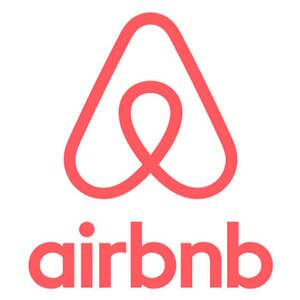So the government has just announced this cap in a bid to cool the rental market. Is this fair? Does it affect you?
I own an investment property in the CBD and 75% of the building rents their apartment out on airbnb including myself. We've never had any issues and everyone is super supportive of each other.

why ?